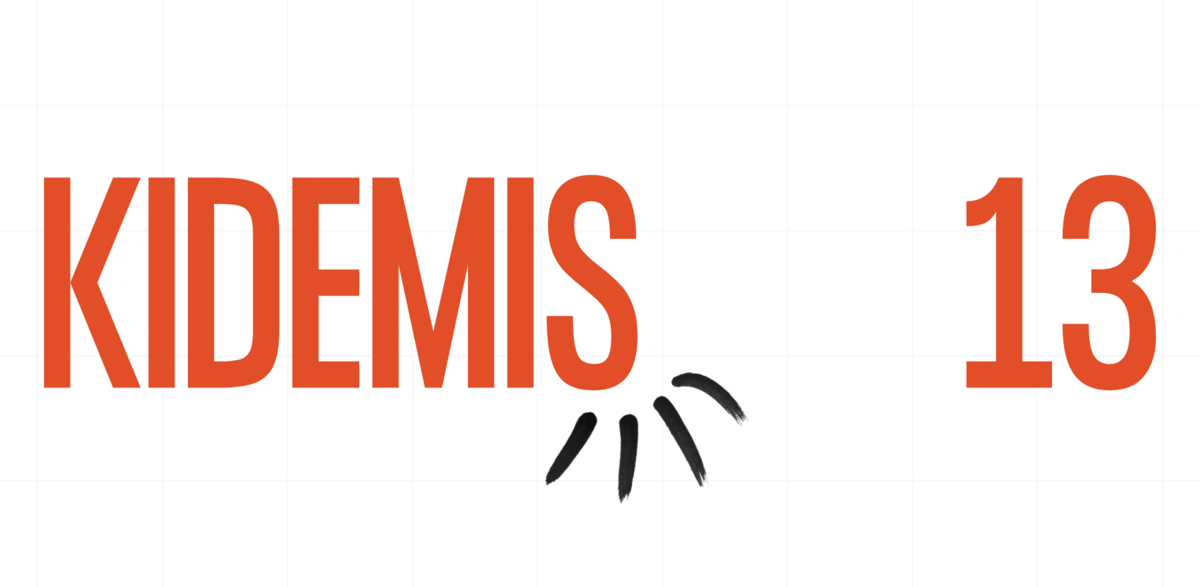What is KIDEMIS?
KIDEMIS is a Swiss startup shaking up the aquaculture world by developing a sustainable alternative to fishmeal and fish oil for aquafeed. Their secret weapon? Mycoprotein aquafeed made from renewable resources. This isn’t just any alternative—it’s high-quality, cost-effective, and scalable, designed to replace traditional aquafeed ingredients without compromising on nutrition or sustainability.
Main Benefits of KIDEMIS’s Innovation
Here’s why KIDEMIS’s approach matters:
- Reduces pressure on wild fish and shrimp stocks, helping preserve these vital protein sources for future generations.
- Improves the nutritional quality of fish and shrimp products, ensuring healthier and more affordable food options.
- Utilizes sustainable upcycled agricultural sidestreams, cutting down on land, water, and energy use, plus greenhouse gas emissions.
- Supports ocean biodiversity by making aquaculture more effective, scalable, and affordable, while reducing harmful fishing industry outputs.
- Protects forests and natural habitats by easing the demand on agricultural land.
The Global Protein Deficit Challenge
There’s a serious global protein deficit—around 1 billion people don’t get enough protein in their diets. While some might switch to plant-based diets, the bigger shift is expected to be from meat to seafood. That means seafood is set to become the most demanded protein source worldwide. The seafood market was valued at a whopping USD 338.47 billion in 2022 and is projected to nearly double to USD 730.28 billion by 2030, growing at an impressive CAGR of 8.92%. But this surge puts wild fish stocks under immense pressure, making sustainable seafood production more crucial than ever.
Agricultural Sidestreams: An Untapped Resource
Every year, over 700 million tons of agricultural sidestreams—think crop residues and food processing waste—are produced globally. Unfortunately, most of this ends up incinerated (40%) or landfilled (30%), which isn’t great for the environment. These disposal methods release pollutants into air and water and contribute to climate change. KIDEMIS sees these sidestreams not as waste, but as valuable raw materials to create sustainable aquafeed ingredients.
Why Aquafarming is Under Pressure
Traditional aquafeed relies heavily on fishmeal and fish oil made from wild-caught fish, which strains global fish stocks and harms ecosystems. The production process can also damage mangrove forests and negatively impact small-scale fishing communities. Soybean meal, another common ingredient, drives deforestation, releasing greenhouse gases and destroying wildlife habitats. Clearly, the current system isn’t sustainable—and that’s where KIDEMIS steps in.
Impact of KIDEMIS on Sustainable Development Goals (SDGs)
- SDG 2: Zero Hunger – by improving access to nutritious seafood.
- SDG 12: Responsible Consumption and Production – through upcycling agricultural sidestreams.
- SDG 13: Climate Action – by reducing greenhouse gas emissions linked to aquafeed production.
- SDG 14: Life Below Water – by easing pressure on wild fish stocks and supporting ocean biodiversity.
- SDG 15: Life on Land – by protecting forests and natural habitats from agricultural expansion.
The KIDEMIS Solution: Mycelium Protein
KIDEMIS’s game-changing solution is mycoprotein—a sustainable alternative to fishmeal and fish oil. Produced from fungi grown on agricultural sidestreams, this mycelium protein doesn’t strain wild fish stocks or the environment. Plus, it has immuno-stimulating properties that could reduce antibiotic use in aquaculture. Their innovative bio-processing techniques use Solid State Fermentation (SFF) to turn low-value side streams into high-quality protein, all while maximizing biomass output in scalable, decentralized production units. It’s a win-win: turning waste into valuable, functional ingredients that meet dietary needs for aquafeed, animal feed, and eventually human consumption.


















